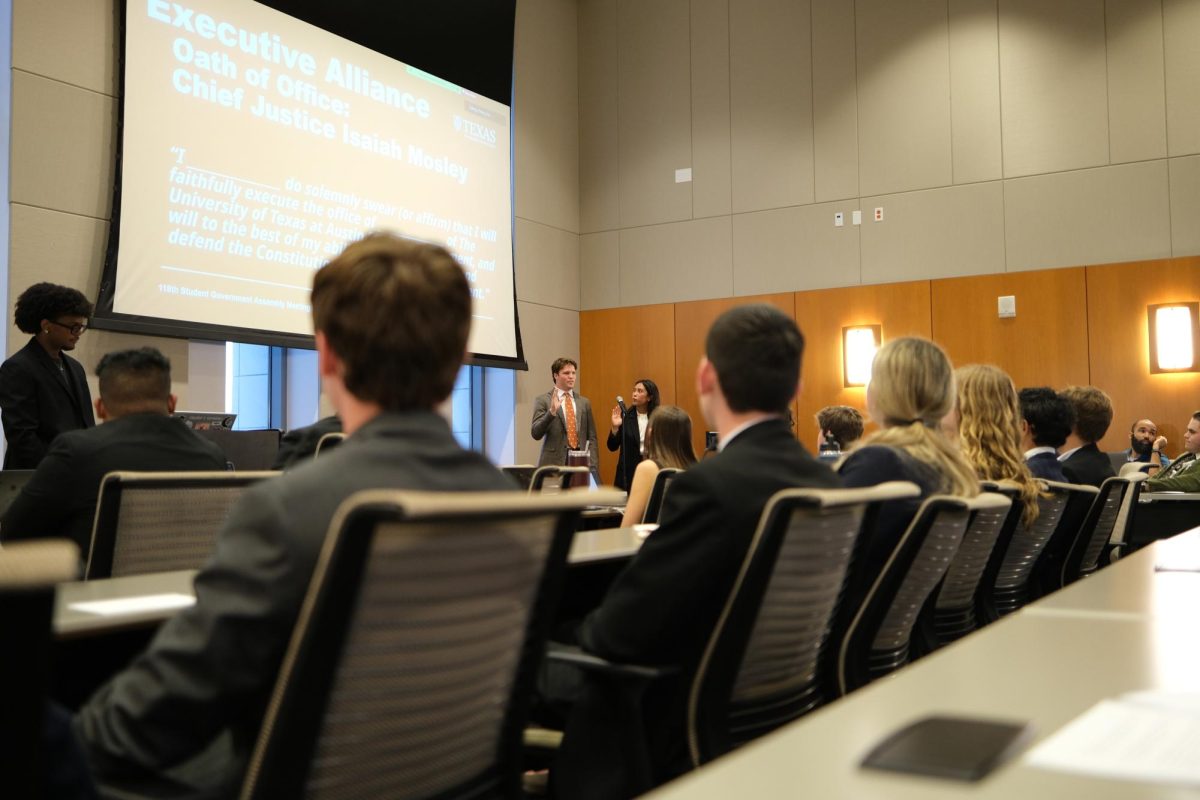[Updated on Monday, August 29, 2011 at 11:35 p.m.: distinguishing between online and published dicitionaries]
Merriam-Webster added a “buttload” of new words to its popular dictionary in its ongoing “bromance” with modern slang.
The dictionary updated its interpretation of the English language by adding and changing entries in its published and online dictionaries, but not everyone is comfortable with the addition of informal vocabulary.
In the latest update, the publisher added commonly used words to its collegiate edition, including “parkour,” “cougar,” "social media" and “duatholon.”
In addition to expanding its best selling dictionary by adding new words, Merriam-Webster has also added words that have been in use dating back to the 19th century such as the genre “Americana.”
However, the recent additions have proven controversial.
People generally think of the dictionary as a permanent depository of words and meanings, but language is fluid, said rhetoric instructor Brendan Gaughen. He believes the new words deserve recognition although they should be removed once they lose cultural relevance.
“New words come along all the time and meanings change,” Gaughen said. “I think it’s important to have them in the dictionary, but if they add them, they should eventually take them out. In five years, no one is going to be using words like ‘fist bump.’”
Broadcast journalism freshman Demetria Lister said dictionaries contain the foundation of the English language, so adding words such as “tweet” and “fist bump” to the dictionary harms its credibility.
“Putting improper words in the dictionary completely defeats the purpose of having a dictionary,” she said.
She said adding a slew of random words goes against the original purpose of the dictionary, which was to look up proper words.
A lot of those words are just slang, said anthropology sophomore Mariana Bandera.
“It’s not really proper etiquette — it’s the slang of our generation. We’re basically dumbing down our language. These words should be in Urban Dictionary, not Webster’s,” she said.
The new entries included “boomerang child,” “crowdsourcing,” “helicopter parent “ and “robocall.” The most recent additions were the first since 2009.
Along with the print additions, several additions to the open dictionary — a feature on Merriam-Webster's website that includes definitions to user-submitted suggestions and slang words — include "bromance," "buttload" and "stud muffin."
Similar to Merriam-Webster, the Oxford English Dictionary has recently added, “tweet,” “retweet” and “sext.”
Those aren’t real words but just a fad, chemical engineering freshman Jate Cox said.
“They will all eventually go away,” Cox said.
Printed on Monday, August 29, 2011 as: Controversial addition puts slang phrases in dictionary.


















